Your zip code is more than just a string of numbers—it’s a beacon that car insurance companies use to gauge just how much they can milk you for. Here’s how where you live affects your premiums, with a healthy dose of cynicism.
1. Crime Rates and Your Premiums

Image Credit: Shutterstock / fongbeerredhot
Living in a high-crime area? Get ready to cough up more cash for your car insurance. Insurers assume your car is a target for thieves, even if you’ve never seen a single sketchy character near your driveway.
2. Population Density Dilemmas

Image Credit: Shutterstock / Kmpzzz
Packed like sardines in a densely populated area? Congratulations, your insurance is about to spike. More people mean more cars, more accidents, and more reasons for your insurer to empty your wallet.
3. Traffic Congestion Costs
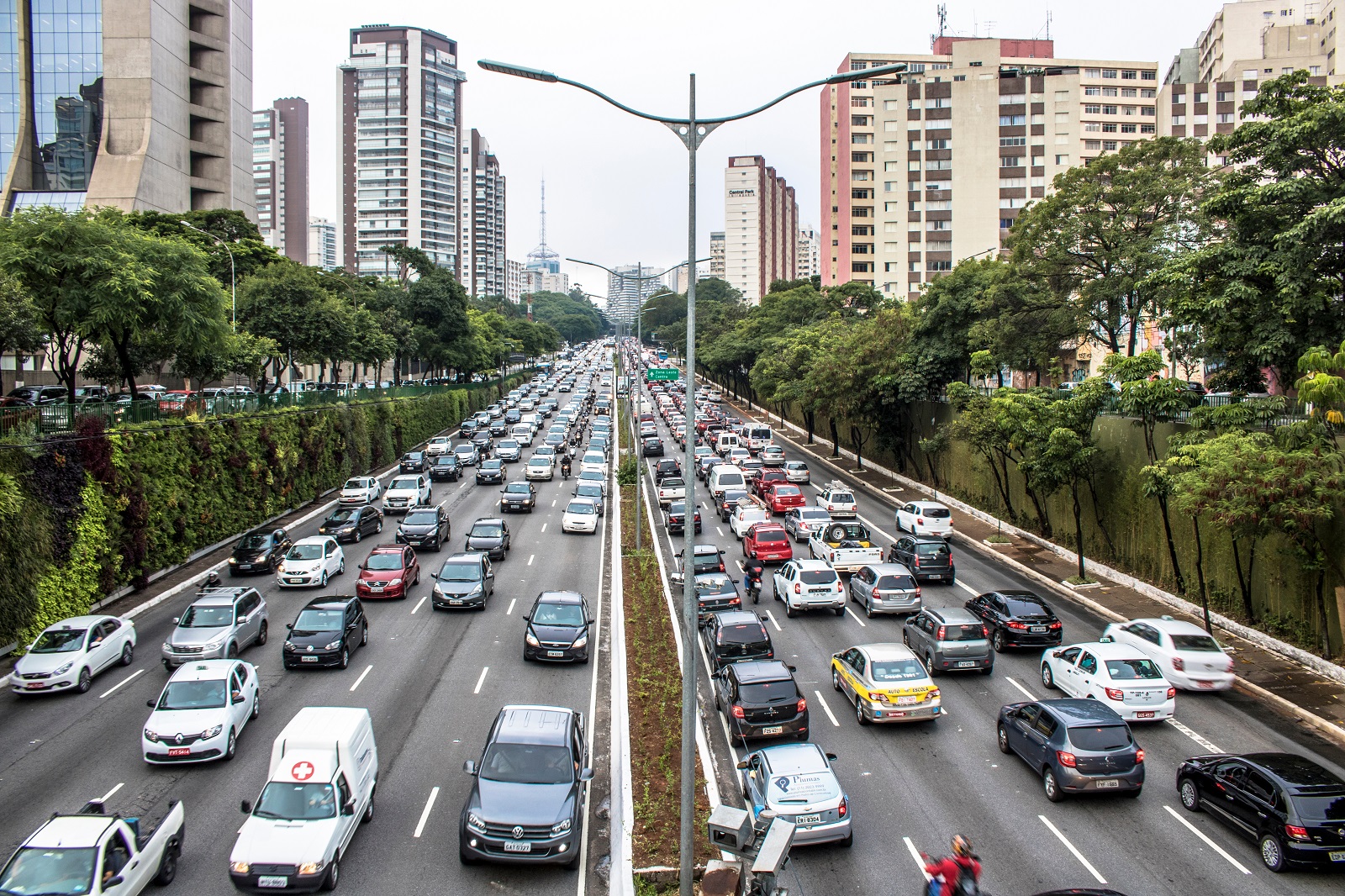
Image Credit: Shutterstock / Alf Ribeiro
Live where the traffic’s thicker than molasses? Your premium’s probably sky-high. Insurance companies figure you’ll end up in a fender bender eventually, so they charge you as if it’s already happened.
4. Road Condition Realities
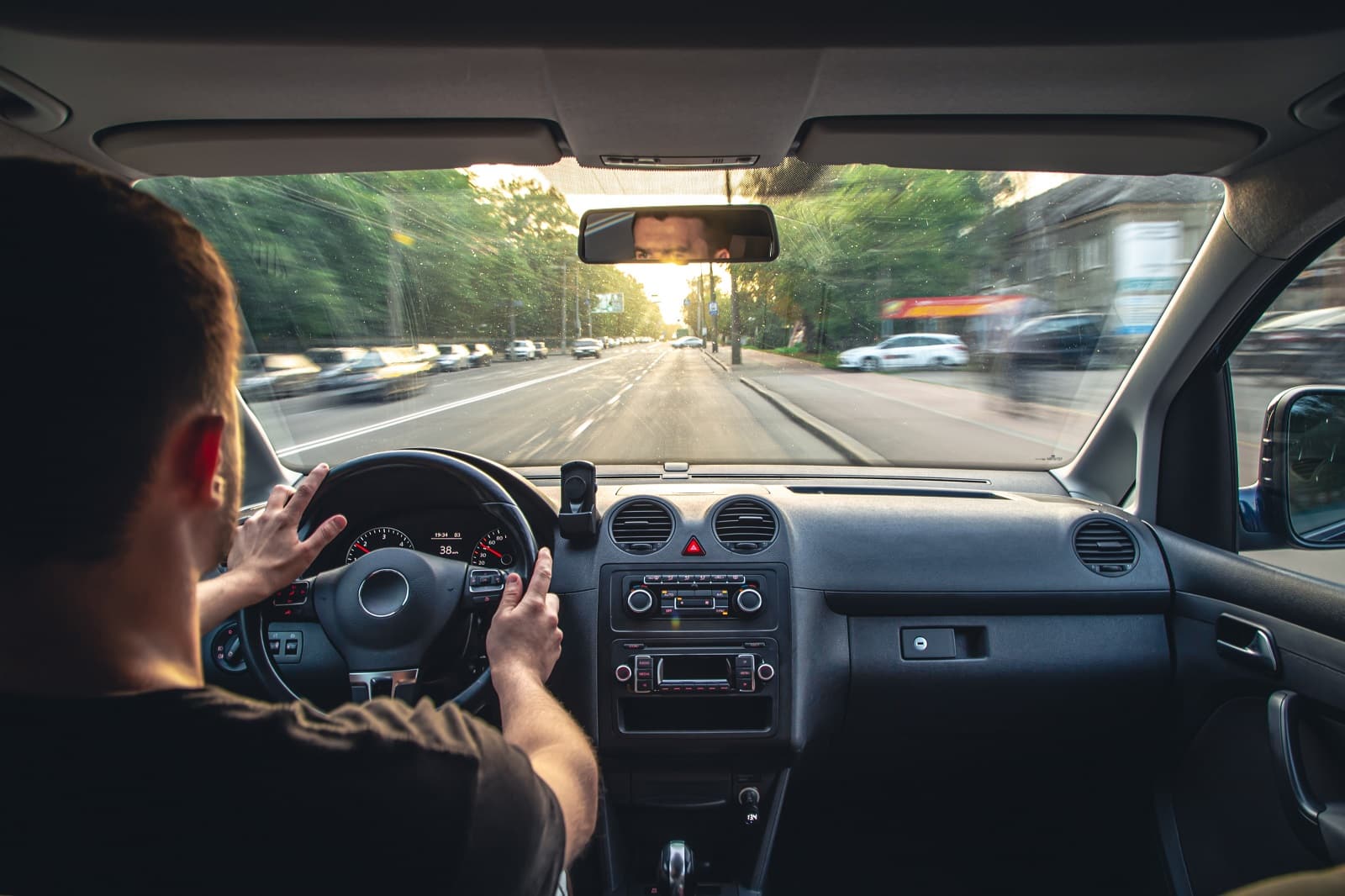
Image Credit: Shutterstock / PV productions
Bumpy roads in your zip code? That’ll cost you. Insurers love to jack up prices if they think your car might suffer from the local lunar landscape of potholes and poor road maintenance.
5. Local Accident Statistics
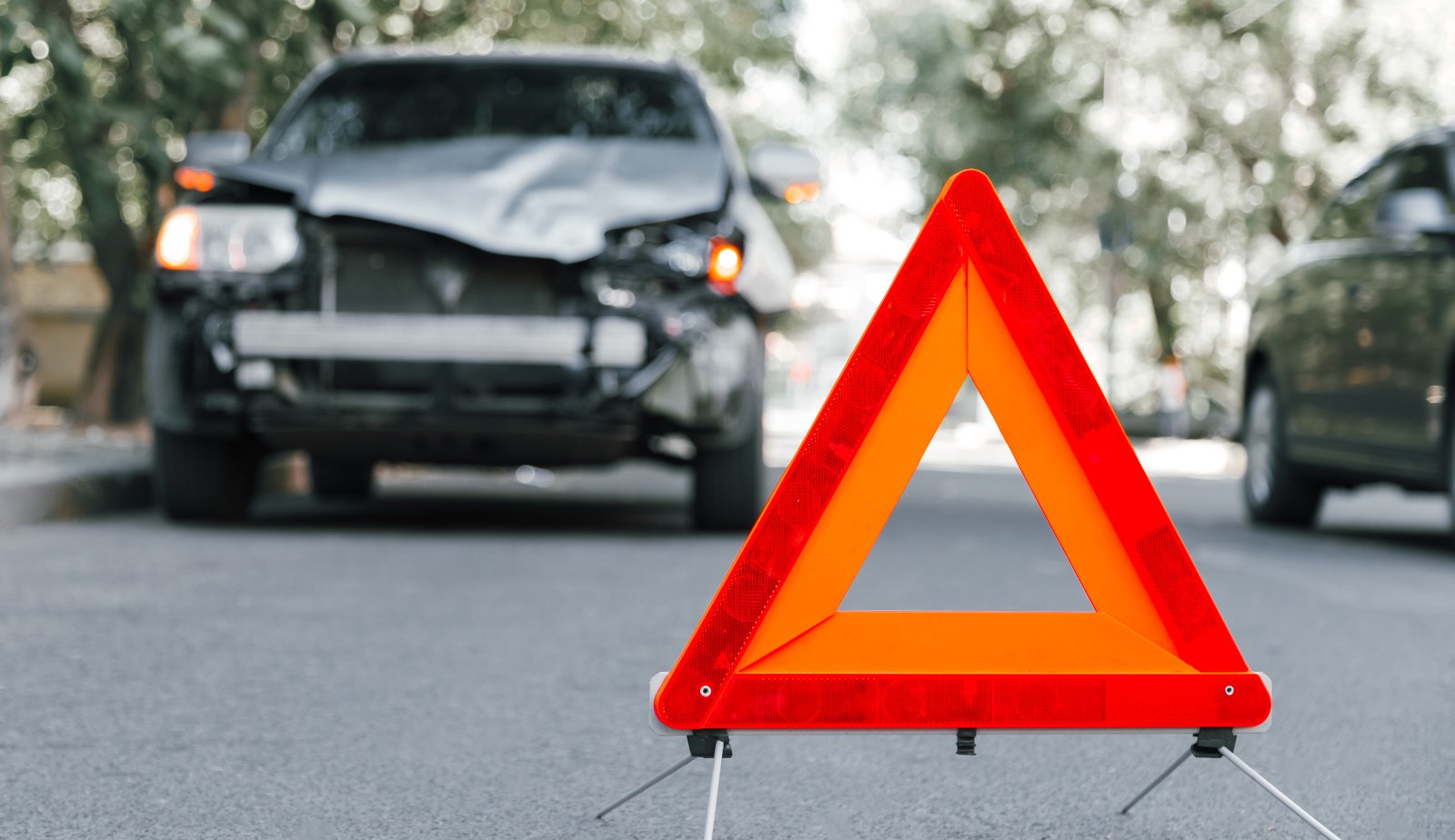
Image Credit: Shutterstock / beton studio
High accident rates in your area? Better prepare for your bank account to take a hit. Even if you’re the safest driver, you’re paying for the recklessness of others in your zip code.
6. Natural Disaster Nuisances
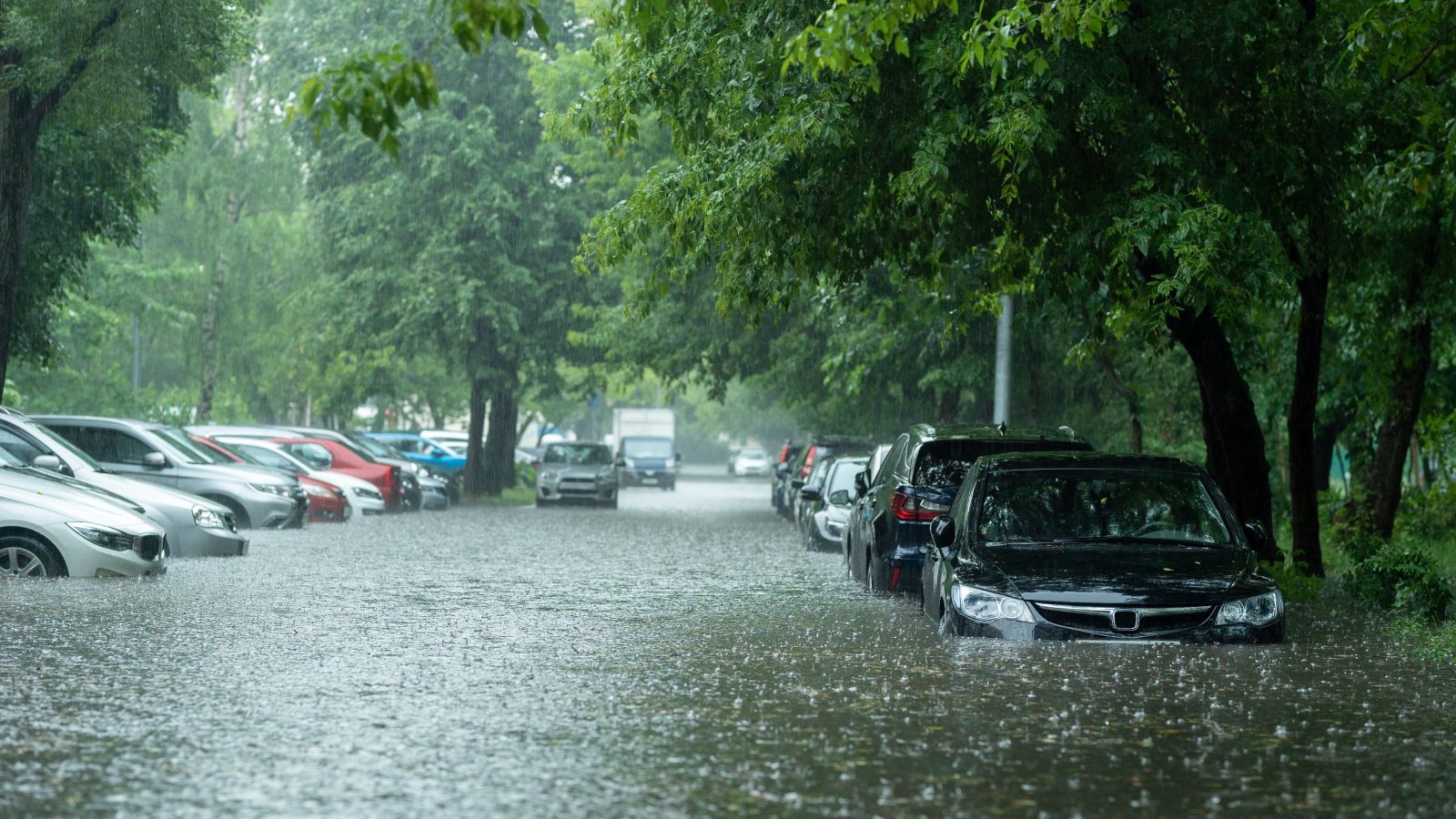
Image Credit: Shutterstock / mkfilm
Is your area prone to floods, hurricanes, or wildfires? Insurance companies are already rubbing their hands together. Your premium includes a hefty fee for Mother Nature’s mood swings, even if you’ve never had a drop of rain on your windshield.
7. Zip Code Stereotyping

Image Credit: Shutterstock / PanuShot
Live in a ‘bad’ neighborhood according to some statistics? Your insurance company thinks you’re living on the edge of chaos. Expect to pay more just because your zip code got a bad rap in some crime report.
8. Vehicle Theft Tendencies

Image Credit: Shutterstock / fongbeerredhot
High car theft rates in your area? Time to pay up. Insurance companies don’t care if you park your car in a locked garage with a guard dog outside; your zip code says theft, and that means higher rates.
9. Emergency Service Efficiency
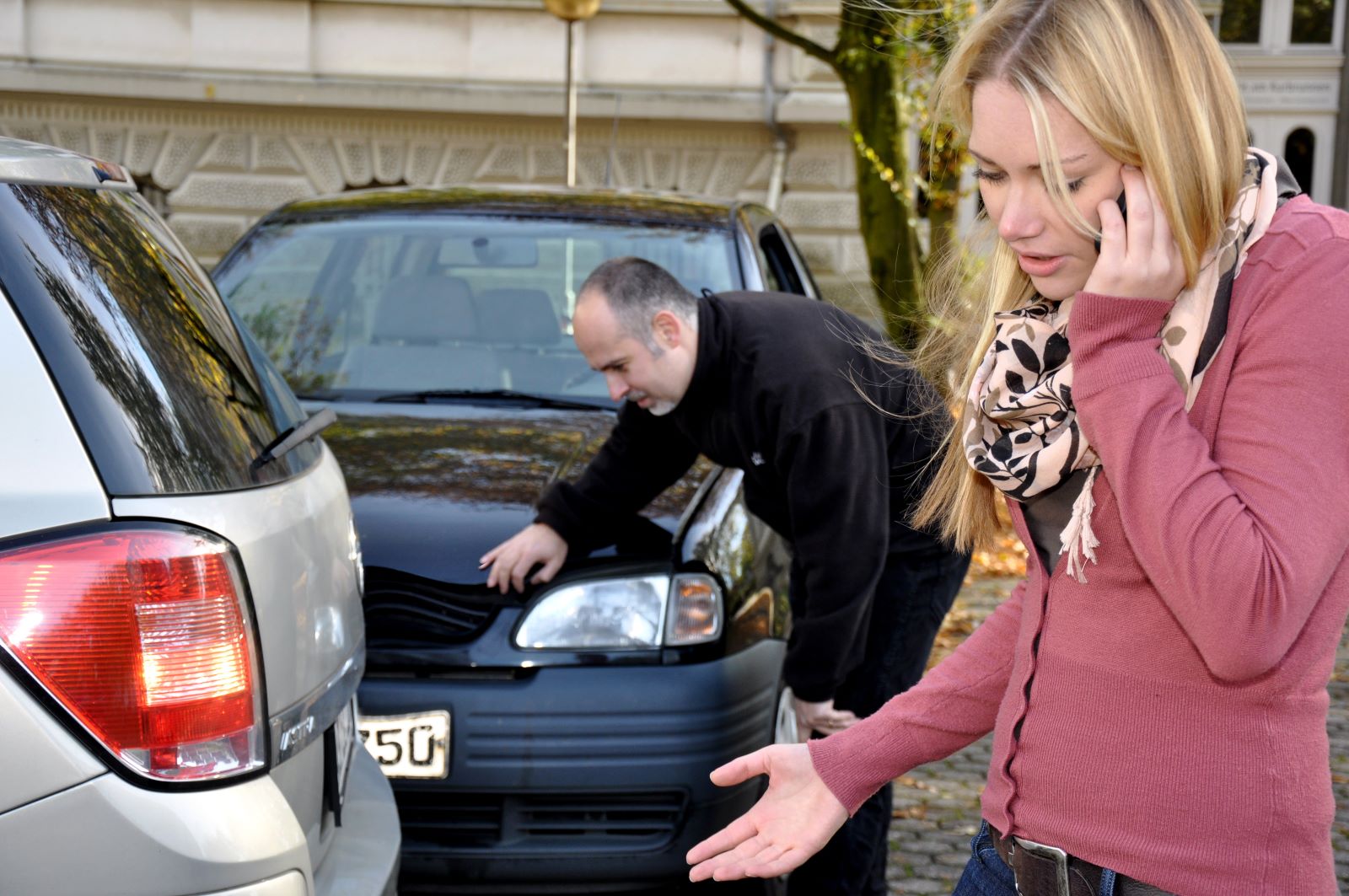
Image Credit: Shutterstock / Dan Race
Live in a place where emergency services are slow? Insurers charge more, assuming your car could suffer more damage in a prolonged accident response. Your premium pays for their paranoia, not the actual speed of your local firefighters.
10. Garaging Gimmicks
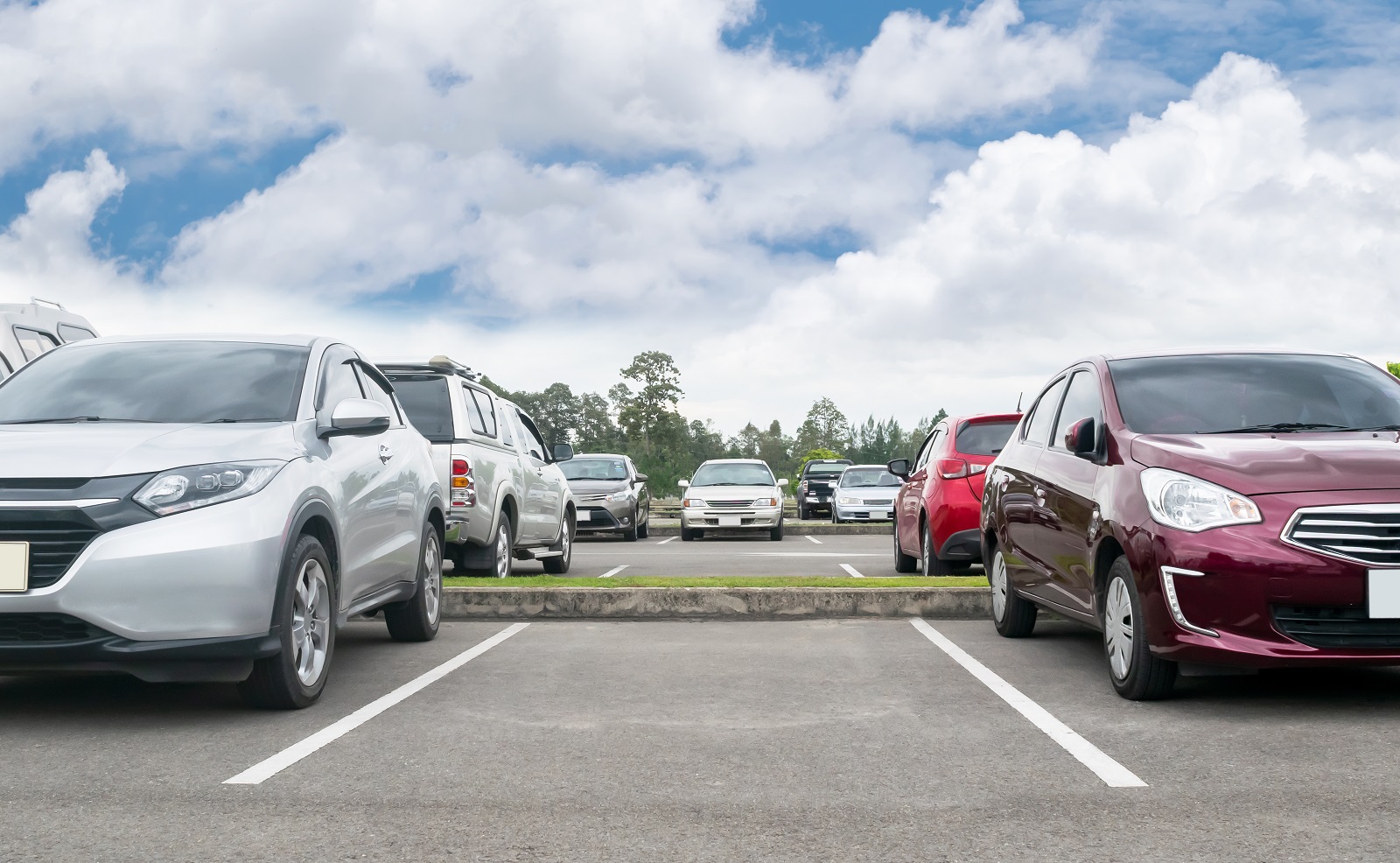
Image Credit: Shutterstock / merrymuuu
Do you park on the street because your apartment complex doesn’t offer garages? Insurers consider your car an easy target and up your rates accordingly. It’s not about your car; it’s about the lack of a roof over it at night.
11. Demographic Data Delusion

Image Credit: Shutterstock / NONGASIMO
Your zip code’s demographics, including age and income levels, can influence your insurance rate. Insurers make sweeping assumptions based on who they think lives near you, turning your premium into a numbers game.
12. Economic Status Surprises

Image Credit: Shutterstock / Korawat photo shoot
Live in an affluent area? Your premiums might be lower because insurers assume fewer financial hardships. But if you live in a less wealthy area, brace yourself for higher rates due to perceived risks of non-payment or fraud.
13. Access to Public Transport
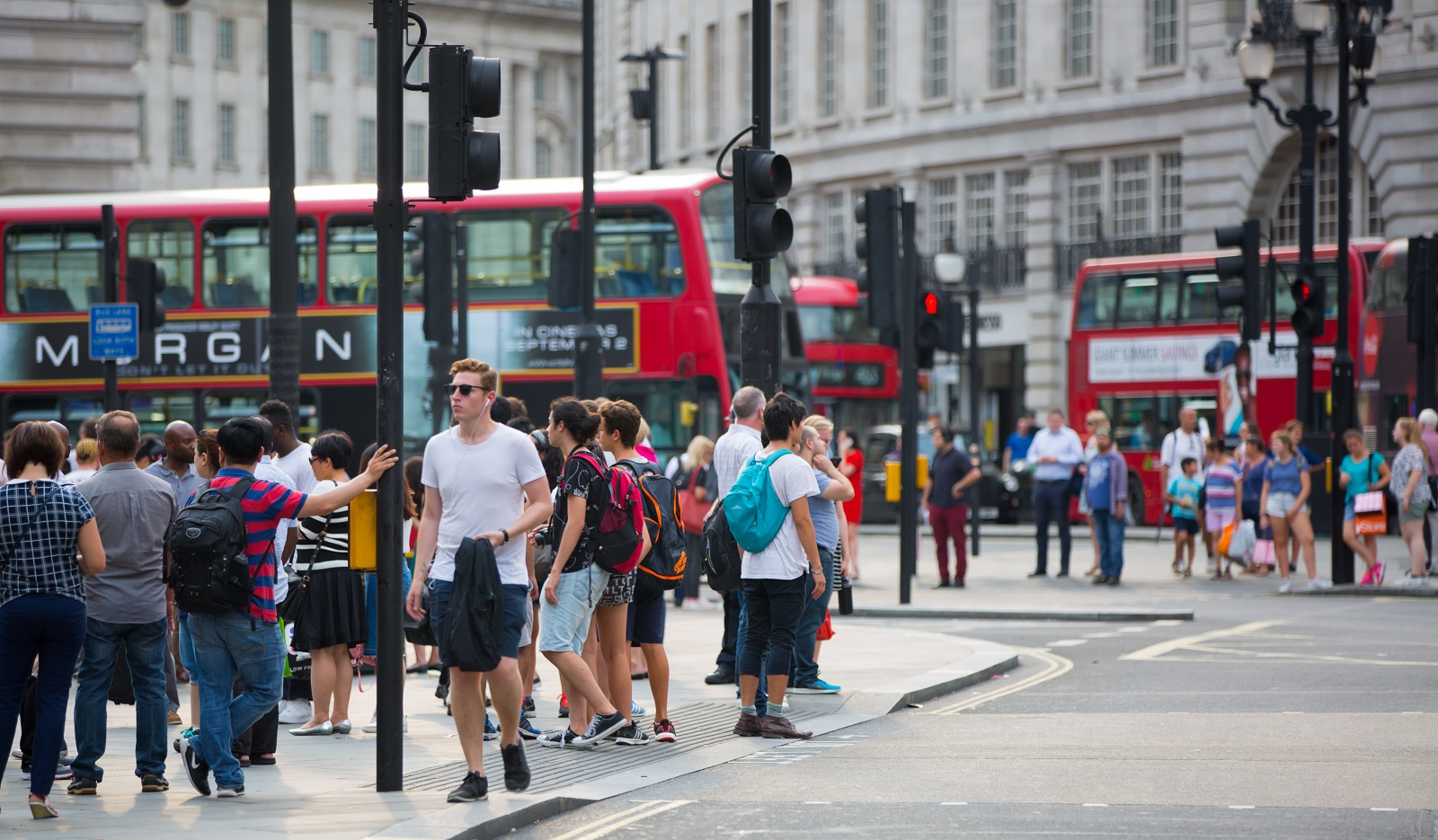
Image Credit: Shutterstock / IR Stone
If your area has good public transport, insurers might charge you less, assuming you’ll drive less. But if public transport is poor, you’ll pay more because they think you’re more dependent on your car.
14. Climate Concerns
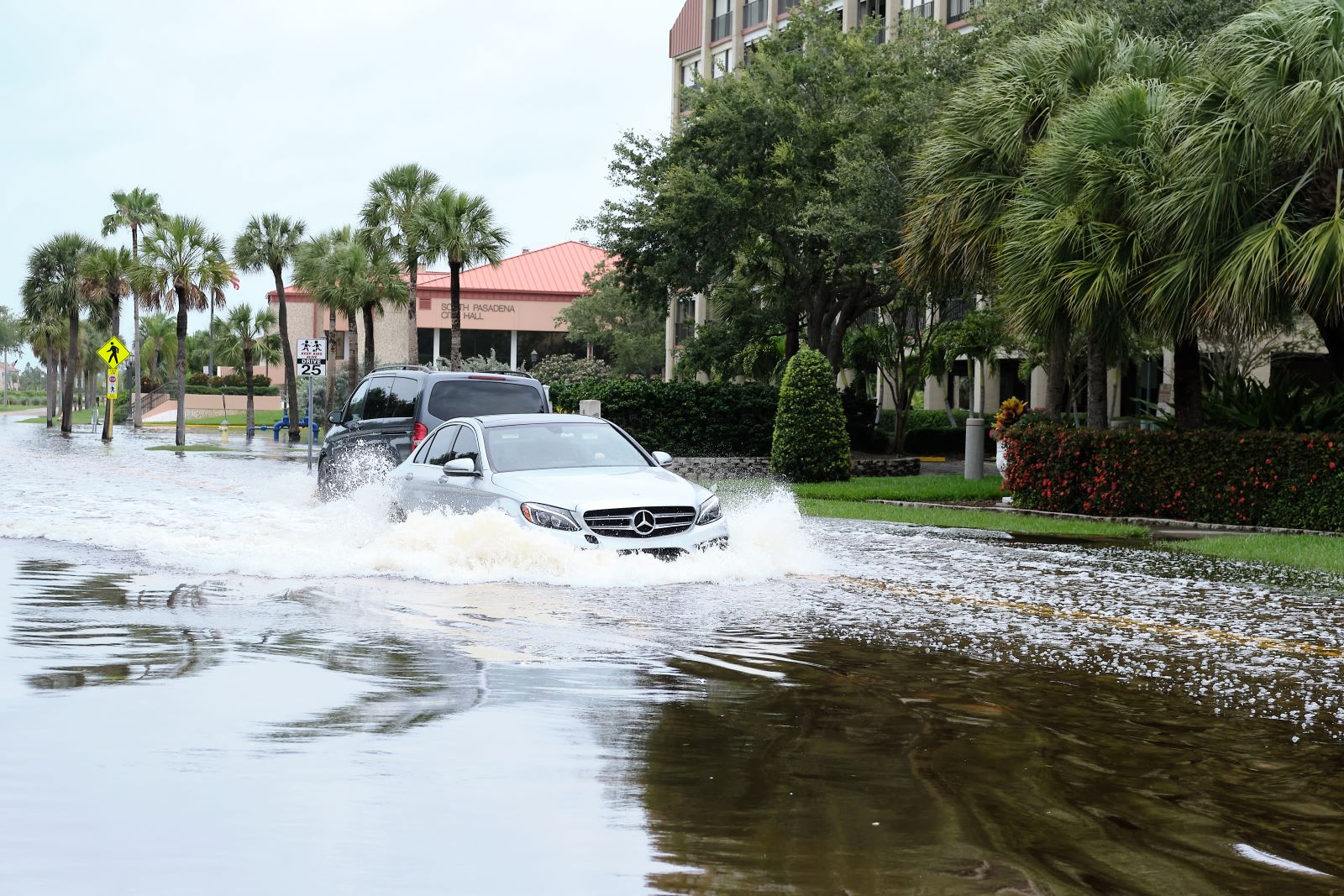
Image Credit: Shutterstock / M Julian Photography
A harsh climate in your zip code means higher insurance rates. Insurers charge extra for the potential damage from weather conditions, whether it’s icy roads in winter or heat waves in summer.
15. Local Legislation Levels
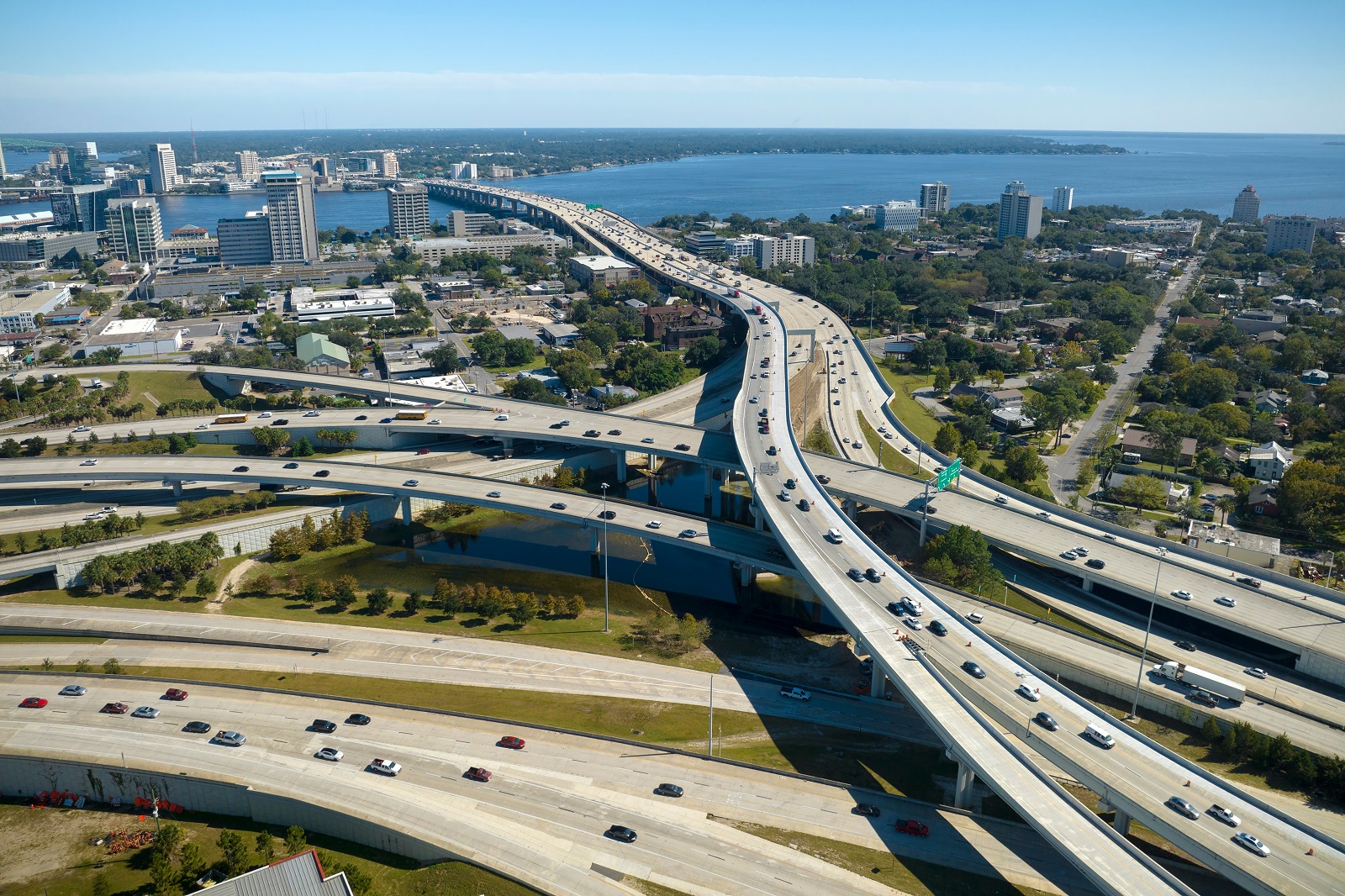
Image Credit: Shutterstock / Bilanol
Different states have different insurance regulations, affecting how much insurers can charge. If your zip code is in a state with lax laws, expect higher premiums because insurers have more leeway to hike up prices.
16. Historic Insurance Fraud Hotspots
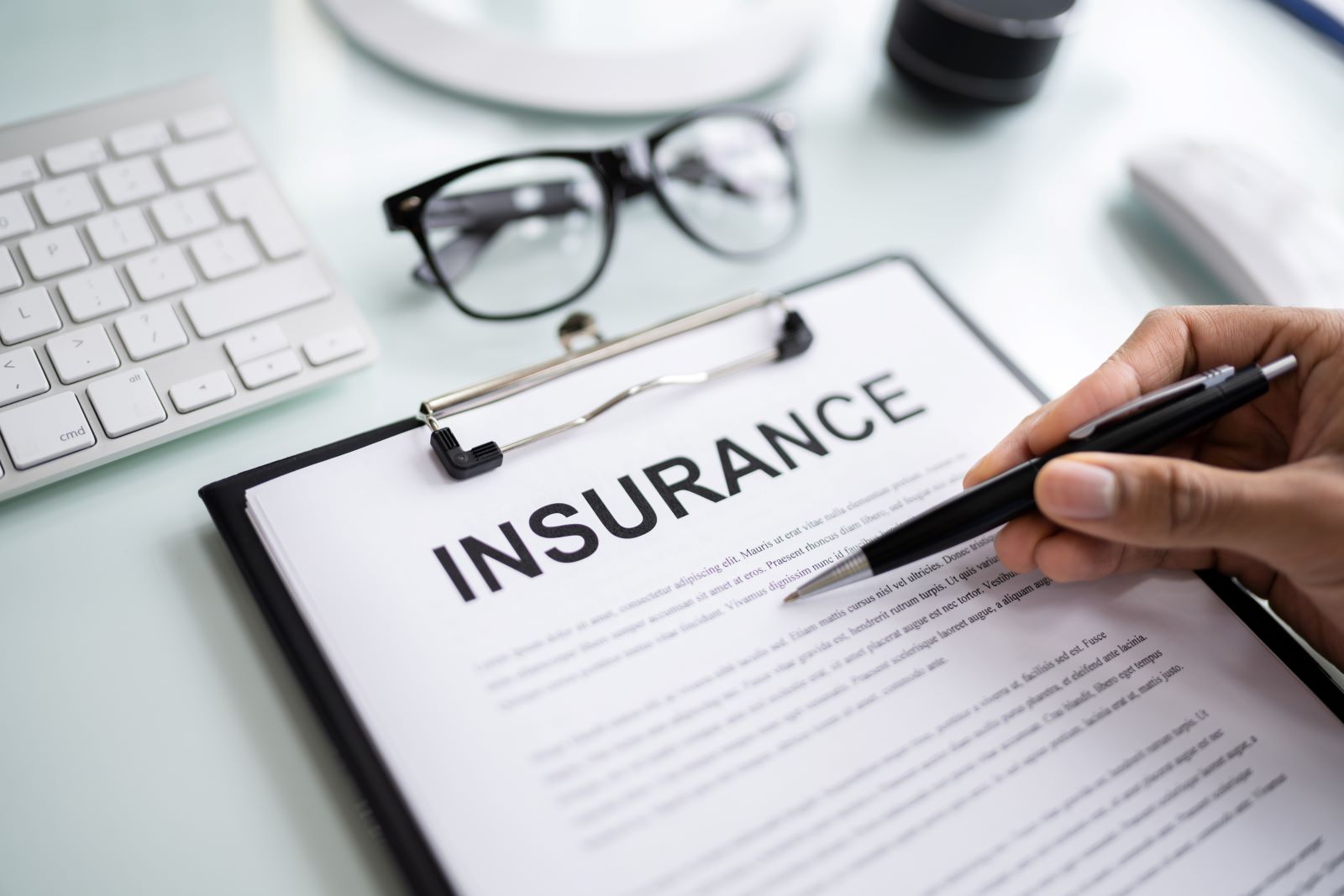
Image Credit: Shutterstock / Andrey_Popov
If your area has a history of insurance fraud, even if it was a decade ago, you’ll pay more. Insurers never forget, and they’ll pass on the costs of past fraudsters to you through higher rates.
17. Zip Code Envy

Image Credit: Shutterstock / Rawpixel.com
Jealous of your neighbor’s lower rates in the next zip code over? Tough luck. Crossing an invisible line can mean paying hundreds more just because your address ends with a different set of numbers.
18. Insurance Company Bias

Image Credit: Shutterstock / PanuShot
Some insurers simply charge more in certain zip codes because they can. It’s less about real risk and more about market strategies and profit margins, leaving you paying a premium for their pricing whims.
Location, Location, Location
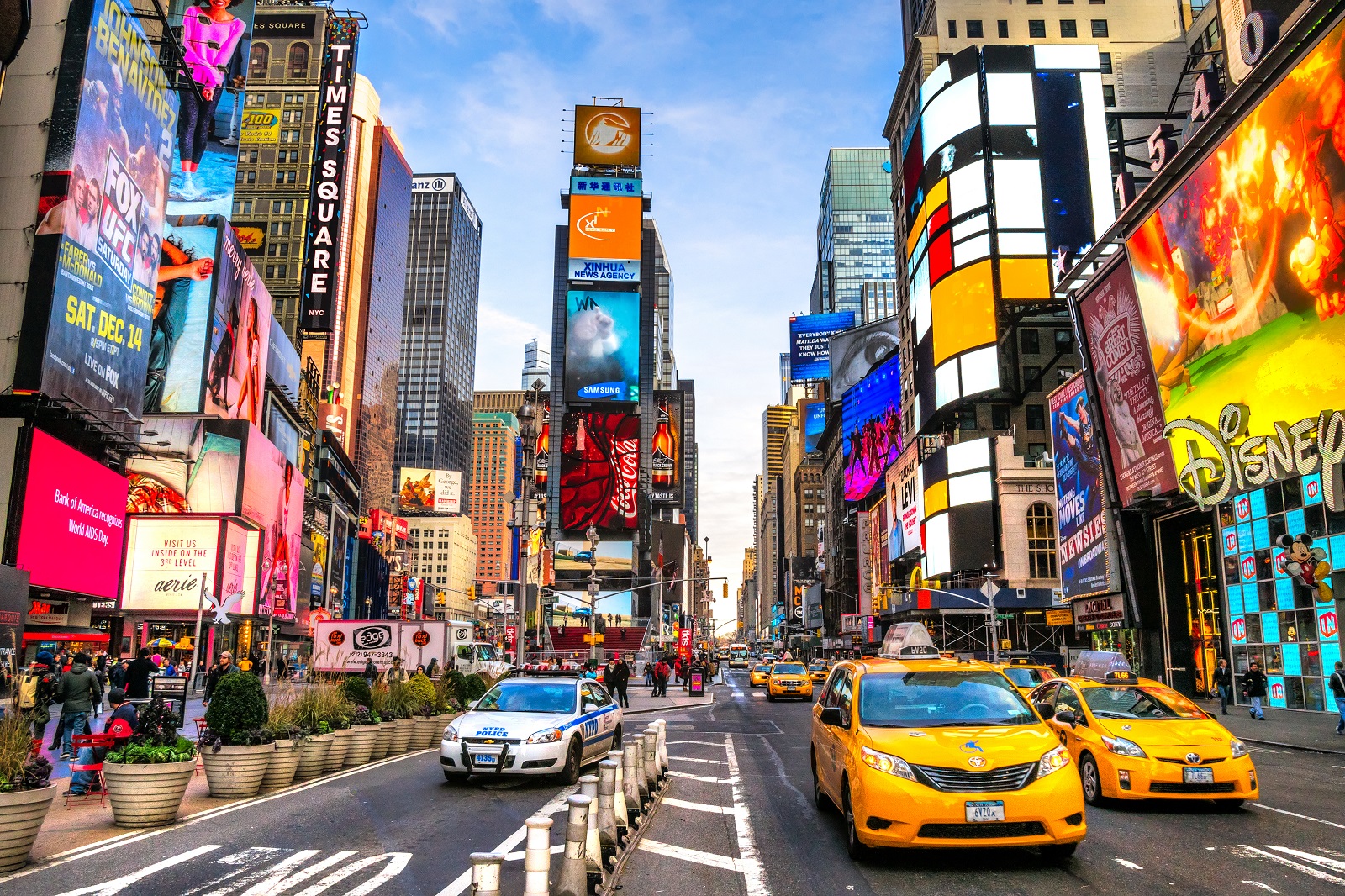
Image Credit: Shutterstock / Luciano Mortula – LGM
Your zip code isn’t just a locator; it’s a tool insurance companies use to decide how much they can squeeze out of you. Understand these factors, and you might find ways to minimize your costs—or at least know exactly why you’re paying so much.
2024’s Most Anticipated Car Releases: What’s Coming Soon

Image Credit: Shutterstock / canadianPhotographer56
If you love cars, 2024 is shaping up to be an exciting year. New models are rolling out with more power, better tech, and some fresh designs that could change the game. Here’s the scoop on the top cars hitting the streets soon. 2024’s Most Anticipated Car Releases: What’s Coming Soon
21 Mods That Make Your Car Illegal
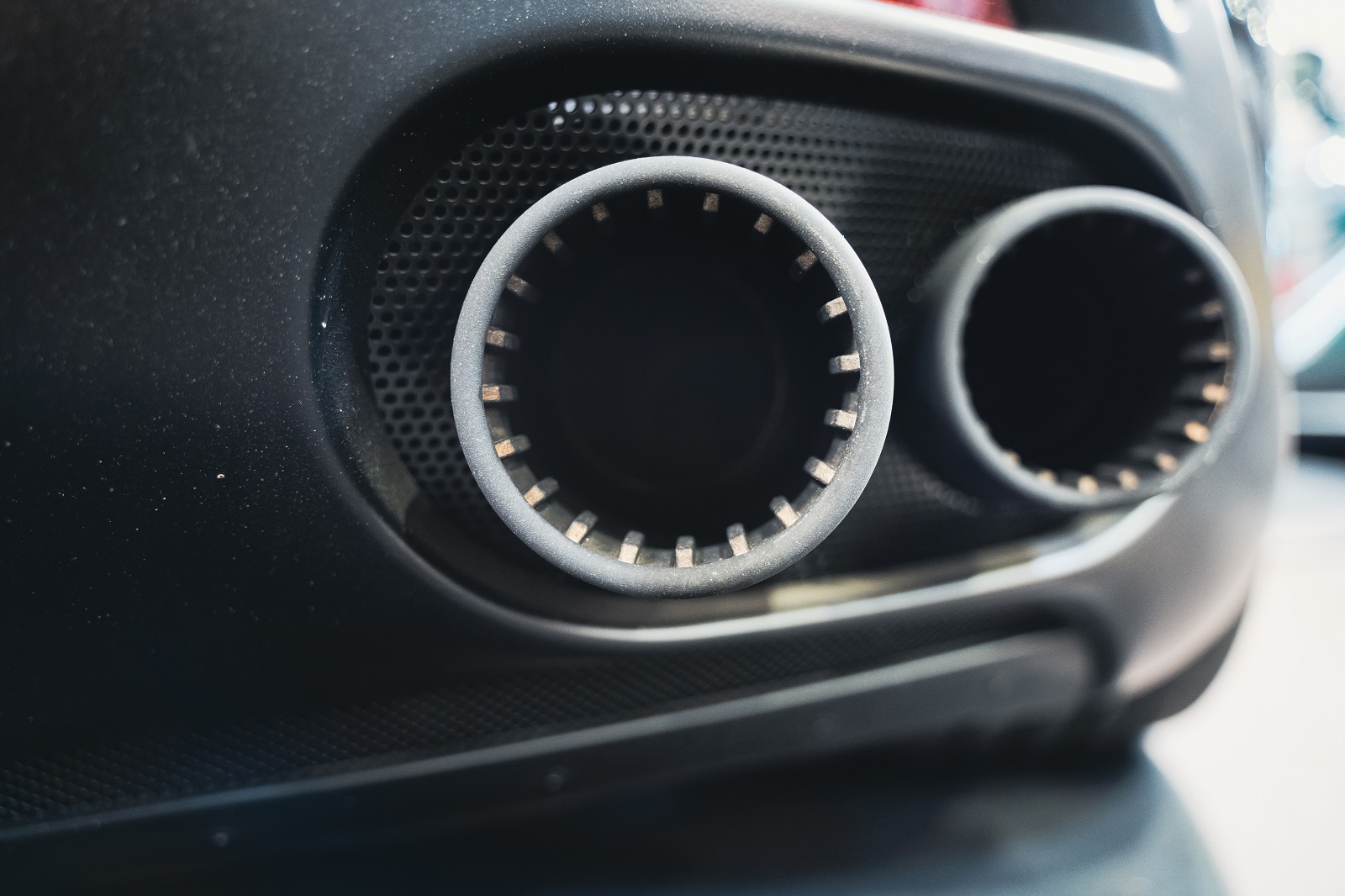
Image Credit: Shutterstock / macondo
Car modifications can enhance style and performance, but not all modifications are legal. Here are 21 illegal car modifications that can get you in trouble with the law across various states. 21 Mods That Make Your Car Illegal
10 American Classic Cars That Define a Generation

Image Credit: Shutterstock / Krisz12Photo
American classic cars are symbols of their eras, each telling a story of its time and capturing the essence of car culture. Here are ten classics that defined generations. 10 American Classic Cars That Define a Generation
Featured Image Credit: Shutterstock / jd8.
For transparency, this content was partly developed with AI assistance and carefully curated by an experienced editor to be informative and ensure accuracy.



